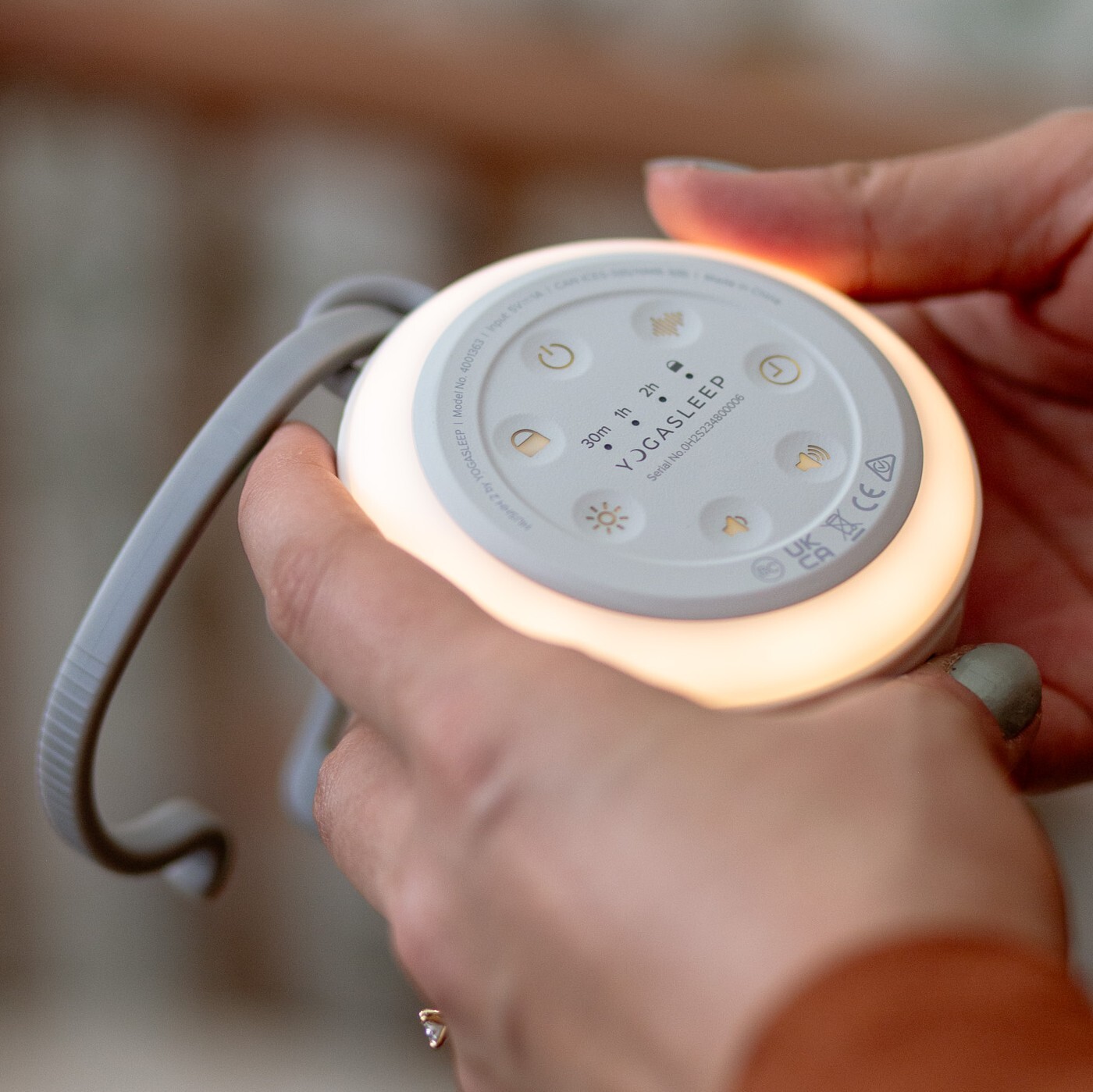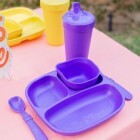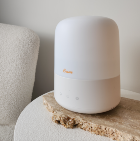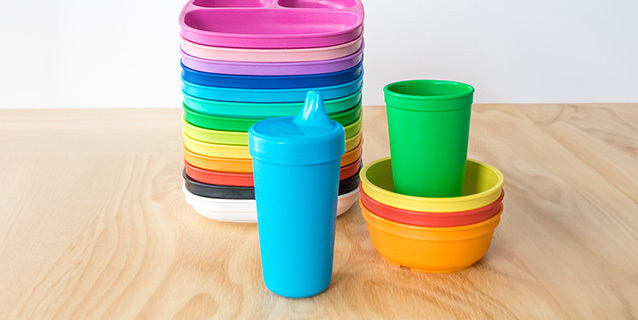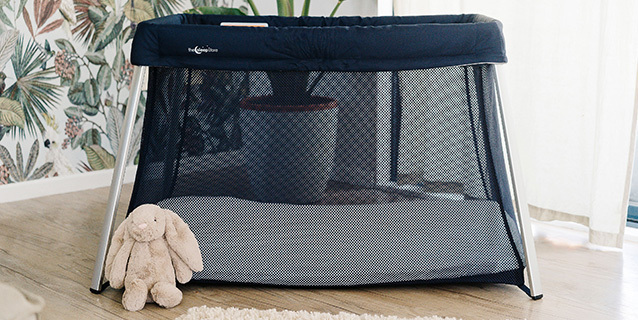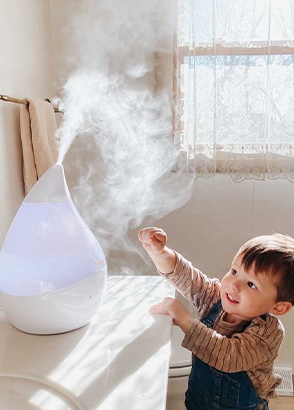From Trisha Korioth, Staff Writer at American Academy of Pediatrics (AAP).
It’s late and your child is awake with a cough. What’s a tired parent to do?
Over-the-counter cold medications for children under age 2 were pulled from store shelves in 2008. Little proof existed that these remedies did anything to ease the symptoms of children under age 6. In fact, studies have indicated that some simple remedies can be helpful, and many can be found in your bathroom or kitchen cabinet.
Following are tips from the American Academy of Pediatrics (AAP) to help calm your young child’s cough and cold symptoms so the whole house can sleep soundly.



